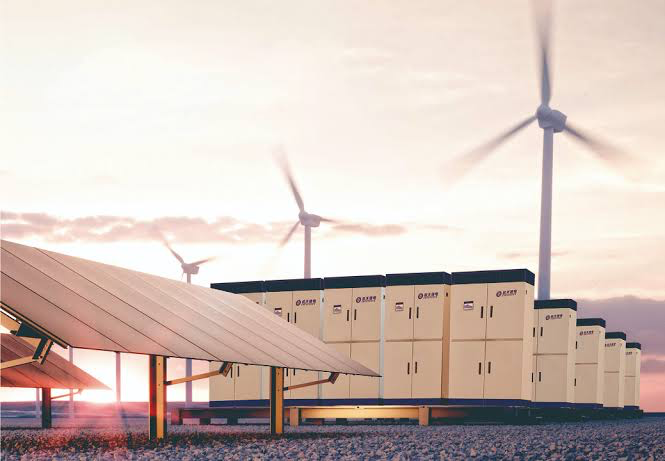South Africa’s push towards integrating more battery energy storage systems as part of its electricity grid enhancement has hit a procedural problem, leading to significant extensions in the deadlines for its latest procurement rounds. The Independent Power Producer (IPP) Office announced that the deadline for the third battery energy storage bidding round, known as BW3, has been postponed from July 31 to October 31, 2024. This follows a similar extension for the second round (BW2), highlighting ongoing grid access challenges faced by participants.
Bernard Magoro, head of the IPP Office, revealed these adjustments during a recent briefing on the Battery Energy Storage Independent Power Producer Procurement Programme (BESIPPPP). The changes are largely due to delays in obtaining grid-access cost estimate letters (CELs) from Eskom, the national electricity utility. These CELs are crucial for IPPs to submit compliant bids and to apply for budget quotes after being selected as preferred bidders.
In response to these procedural bottlenecks, Magoro also announced an extension in the timeline for IPPs to achieve commercial close from six to eight months after the selection of BW3 preferred bidders, slated two months post the new October deadline. He emphasized that the adjusted schedule is intended to give IPPs adequate time to meet the conditions for commercial close, as Eskom now requires up to six months to process the necessary CELs to advance to grid connection budget quotes.
The extension is part of a broader trend of delays affecting South Africa’s public procurement for renewable energy, gas-to-power, and storage projects since 2020. These disruptions began in 2015 when then Eskom leadership declared it would no longer conclude contracts with renewable generators, citing sufficient generation capacity. This stance contributed to severe electricity supply shortfalls and extensive load shedding experienced across the country, peaking in 2023.
Currently, South Africa’s energy procurement efforts include the ongoing seventh renewables bidding round and the country’s first public procurement bid window for gas-to-power projects. Together, these programs aim to add 8,231 MW of new generation and storage capacity to the grid, building on the 7,335 MW of IPP capacity already operational. Additionally, 1,897 MW of wind, solar PV, and hybrid capacity is under construction, with another 1,153 MW of solar PV and battery storage expected to reach commercial close by the end of 2024.
For the BESIPPPP BW3, the request for proposals seeks to allocate 616 MW/2,464 MWh of battery storage projects across five predetermined substation sites in the Free State, named Harvard, Leander, Theseus, Everest, and Merapi. Eskom, which selected these sites based on various criteria, will purchase the power under 15-year agreements and dispatch the battery facilities, which are also expected to provide ancillary services to the grid.
The RFP does not specify the battery technology but requires the facilities to operate continuously at contracted capacity for four hours and be designed for 730-equivalent cycles per year. The facilities must achieve a minimum round-trip efficiency of 70% and be capable of ramping up from zero to full capacity within 400 milliseconds.
Evaluation of the tenders will follow the 90-10 principle, with 90% of the scoring based on price and 10% on economic development contributions. The pricing criteria will consider several factors including the IPP’s capital cost recovery charge rate, a rapid voltage charge based on the distance to the substation, battery efficiency, charge/discharge cycles, and an energy input tariff of R518.89/MWh.
The IPP Office has also outlined provisions for appointing reserve bidders, who may step in if a preferred bidder fails to reach financial close. These reserve bidders are encouraged to keep their projects ready to commence should they be called upon. With over 300 participants attending the virtual briefing on the BW3 RFP, interest in South Africa’s battery storage procurement remains high, reflecting the country’s ongoing commitment to enhancing its energy infrastructure and stabilizing its power supply amidst continuing grid challenges.



